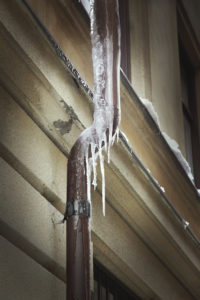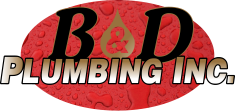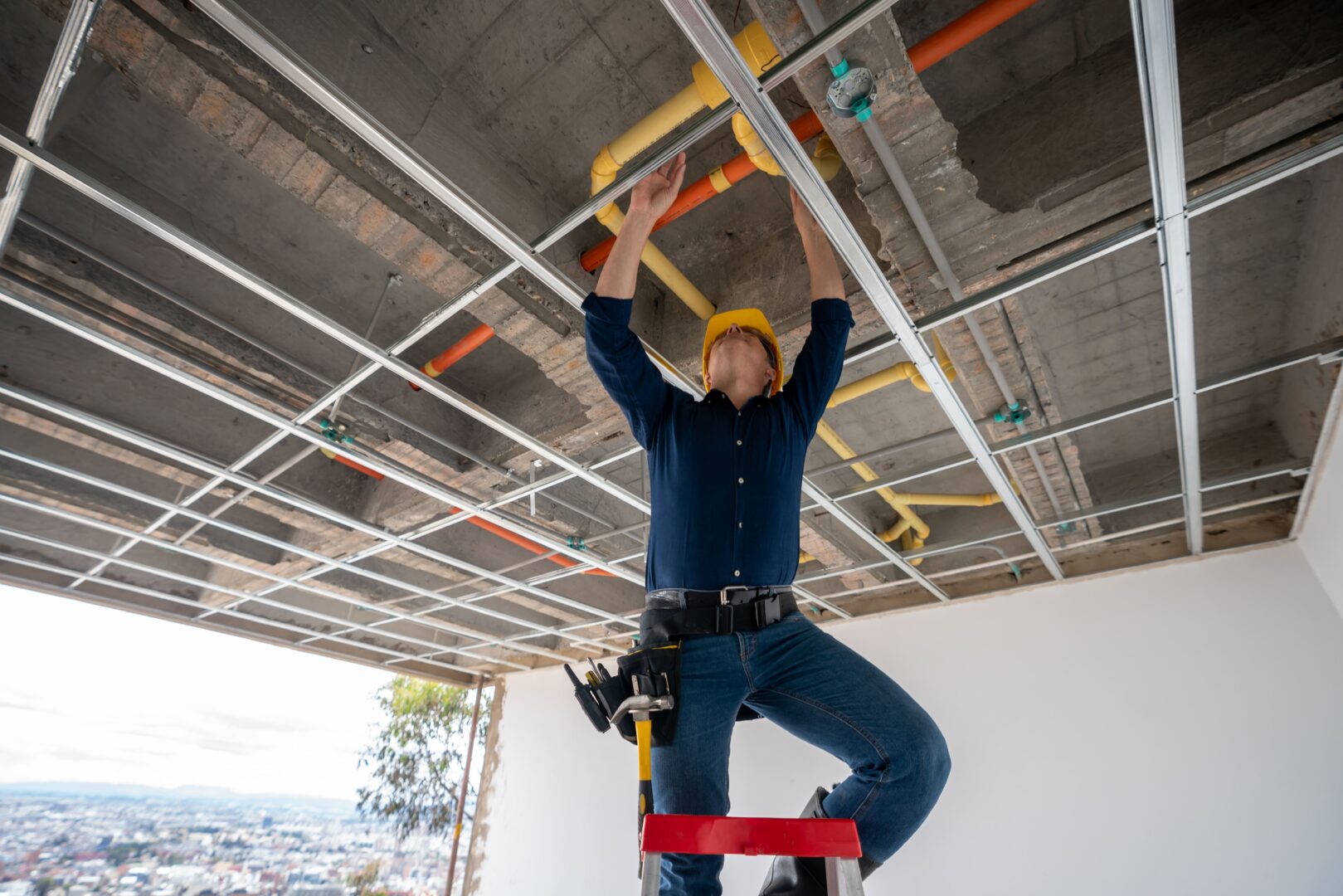
It’s the most wonderful time of the year, and the winter weather is here in full force. Now is the time to assemble your home for any freezing weather. The number one task you should add to your to-do list is checking the status of your home’s pipes. When left unattended or exposed to the cold, your pipes can turn into frozen pipes, and if left untreated could rupture and cause you more damage then you’d like to pay around the holiday season. Get ahead of the cold by adequately insulating and preparing your pipes for the winter season. Read on to find out how to deal with your home’s frozen pipes.
What Happens When Your Pipes Do Freeze?
When water is poorly insulated, pipes are exposed to any freezing weather conditions, and water will freeze and expand, causing massive pressure to build up in whatever is containing it. Even the most durable materials, like metal, can buckle and burst under extreme pressure. This can cost you thousands in repair costs for any burst frozen pipes, and you’ll also need to consider the cost of any other damages to your kitchen cabinets or drywall.
How to Thaw Any Frozen Pipes
If you flip on your faucet and notice only a tiny bit of water is coming out, or no water at all, then the water in your pipes is probably frozen. One way to unthaw your frozen pipes is by leaving your faucet on to relieve the pressure built up between the frozen water and the faucet so it can slowly move through the pipe and out of the faucet.
Tips for Preventing Frozen Pipes
Preventing your pipes from freezing up during the winter all comes down to proper insulation. Follow the following tips to ensure your pipes don’t freeze.
- Set Your Thermostat to 55 Degrees Fahrenheit. This will keep your home at a consistent temperature to prevent any frozen pipes from forming in the first place. Keep your heat on as well if you want to keep those pipes warm.
- Allow Your Faucet to Drip. It might seem weird to leave your faucet dripping, but letting the faucet be open releases any pressure that’s built up in your pipes. However, only do this if it’s below freezing.
- Keep Your Garage Door Closed. Your garage is prone to freezing temperatures as it is. So by keeping your garage door closed, you’re reducing the amount of cold air that enters your garage.
- Patch Up Any Holes or Cracks in Your Home. Be sure to address any gaps or holes that could let in cold air where pipes run through the floors or walls of your home.
Get in Touch With B&D Today!
Dealing with any plumbing concerns that require a professional to step in? Struggling with an absolute plumbing emergency that can’t wait? Let B&D Plumbing know. B&D Plumbing Inc. services the greater Washington D.C. metropolitan area, including Maryland and Northern Virginia. Get in touch with us by calling (301) 595-1141 or follow us on social media including Facebook, Twitter, LinkedIn, and Pinterest. As a small, family-owned business, we understand how important your home is—and we offer exceptional service that matches!

